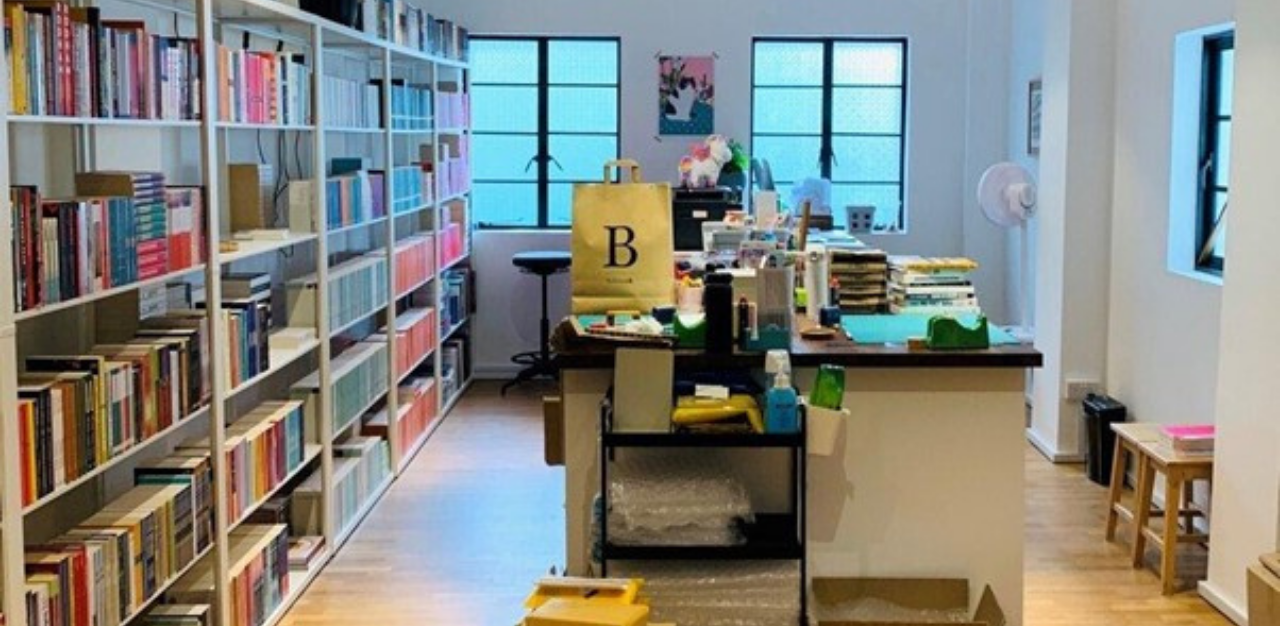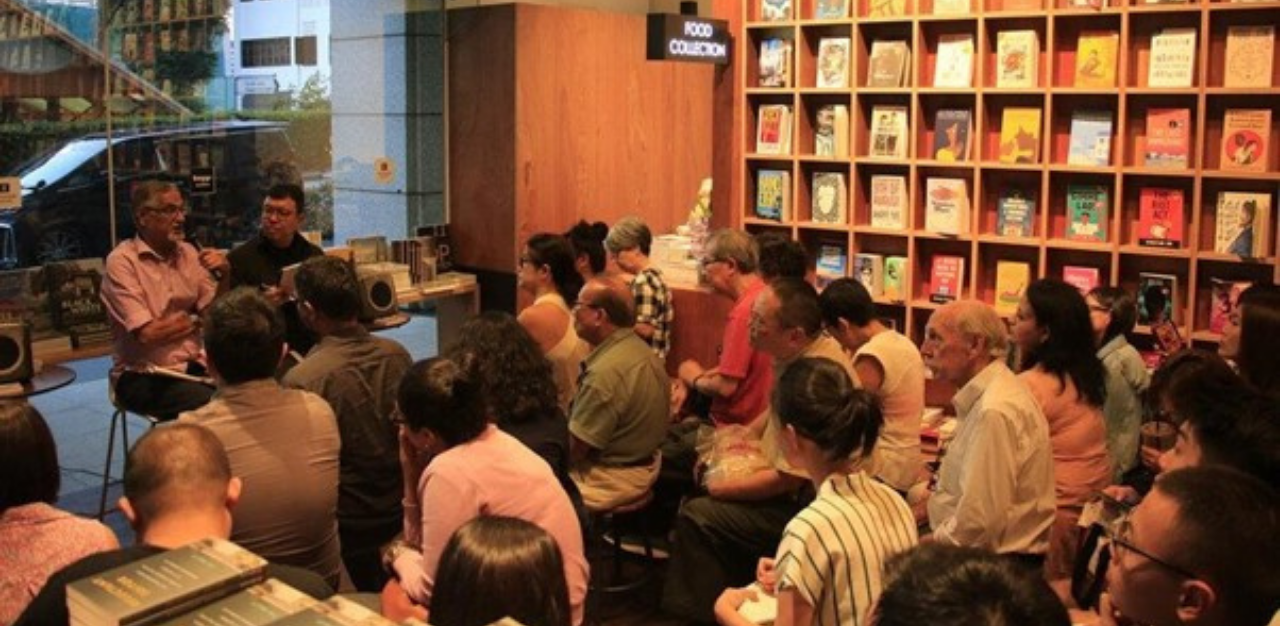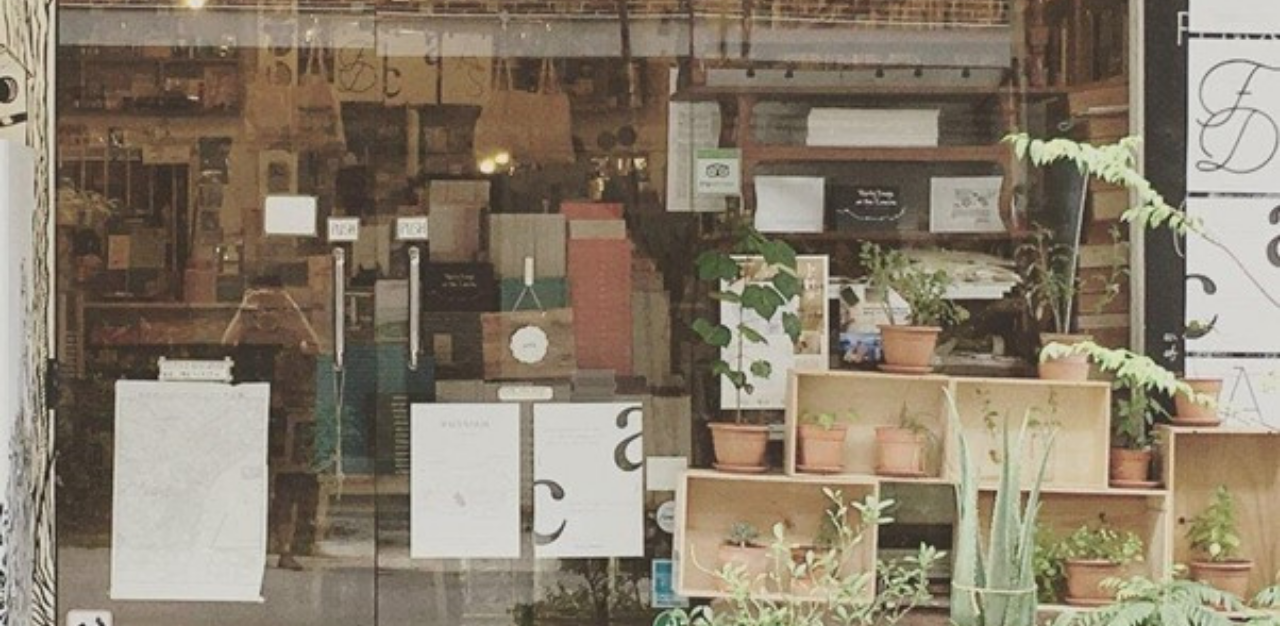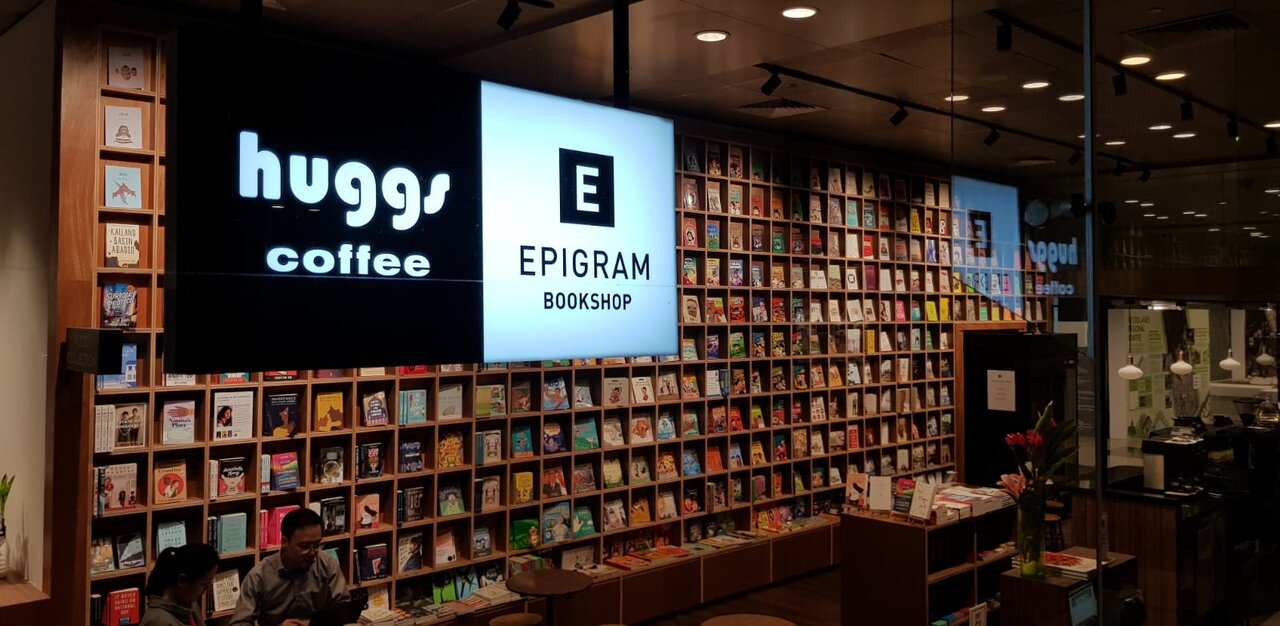Singapore’s book industry was hit hard by COVID-19 when circuit breaker measures forced brick-and-mortar stores to close temporarily. Now that a year has passed, how has the industry evolved according to the pandemic? Three stakeholders in the industry – publishers, booksellers, and readers – weigh in on how important digital marketing is, whether physical stores are still relevant, and what the industry’s future should look like.
Singapore’s retail sector took a lashing due to Covid-19 last year, a result of nationwide measures that temporarily shut physical stores. But even as shops were gradually allowed to open, social distancing rules meant fewer in-store customers at any one time. For independent booksellers and publishers such as BooksActually and Epigram (Huggs-Epigram Coffee Bookshop), this meant closing their brick-and-mortar operations. In order to survive, these local stalwarts have had to evolve their business models by upping their online game.
While independent publishing house Ethos Books does not have a physical outlet, its marketing and publicity manager, Ng Wei Lin, says that bookstores make up a large portion of its sales, including for national bestsellers like Teo Yeo Yann’s This is What Inequality Looks Like.
“We were greatly affected by the closure of the bookstores during the circuit breaker,” Ms Ng says. “Thankfully, the strong support of the arts and reading community contributed to a spike in visitorship and purchases on our webstore.”
To thank its customers for their support, Ethos Books gave away a free e-book with every paperback purchase of the same title from its webstore. What started out as a month-long campaign has been made permanent. Ms Ng explains, “We believe in making our books accessible to our readers, and with this initiative we encourage them to keep the e-book in their personal library and share their paperback with a friend.”
CEO of Epigram Books, Edmund Wee, thinks that a digital presence during Covid-19 is more important than ever now. He says, “All of these brick-and-mortar stores are shutting down, and if they are still around they also have online shops.”
According to Mr Wee, while overall sales are down 80 per cent, online sales for Epigram Books has more than doubled to between 20 and 30 per cent since the arrival of Covid-19. He wishes it would increase to 50 per cent, so that there would be a “a bigger buffer if anything happens.”
BooksActually – the odd one out
In an unexpected turn of events, BooksActually has thrived during the pandemic. So much so that customers who had anticipated returning to one of Singapore’s most endeared literary spaces were greeted with surprising news that its doors would remain shut even as circuit breaker measures eased.
In September 2020, owner Kenny Leck and his team announced that they would fully migrate online. And that it would be leaving its former location at Yong Siak Road in the heritage Tiong Bahru district.
The move was strategic. Mr Leck shares that “sales have been the same whether it’s physical or online.” Combined with the cheaper rent at BooksActually’s new home in Little India and grants from the Government, they are now able to save around S$2,000 (US$1,485) in operational costs each month. He says they were previously paying around S$9,500 on rent.
This growth has prompted Mr Leck and his team to entertain the small possibility of becoming the “Amazon of Southeast Asia”. But he notes that they are conscious of not straying away from the open-minded, approachable ethos that grounds BooksActually, and becoming “soulless”.

Surviving online in the Covid-19 economy
All three booksellers and publishers whom The HomeGround Asia interviewed agree that establishing a strong online presence has been key to surviving, and even flourishing, in this new business environment.
BooksActually has filled their social media with live streams, resharing of book articles, and quirky events. For instance, Mr Leck recently hosted a mukbang (live-streamed eating show made popular in Korea) session with award-winning local poet, Cyril Wong, where they talked about books while eating.
Going online has “driven engagement” Mr Leck shares, as his team regularly receive friendly e-mail inquiries and direct messages on social media from customers. This was seldom the case during BooksActually’s brick-and-mortar days. He says that back then, his team had maintained “a respectful distance” from their customers. “But behind a screen, that stranger effect is reduced vastly,” he shares. “It’s crazy the amount of engagement we get from customers.”

Says Ethos Books’ Ms Ng, “Covid-19 encouraged us to be creative, flexible and explore alternative ways to market our titles online and through digital events.
“When physical events are curtailed, our social media allows us to continue connecting with existing readers and to reach new audiences. Such forms of digital engagement lead to online modes of discovery, contributing to webstore browsing and sales.”
The team also invested in a camera setup to stream their literary events virtually. Ms Ng adds that they are committed to making content widely accessible, especially for customers “who may not have the means to join [them] in person.” With two book launches in the works, these will be held physically and streamed live on social media for maximum coverage.
But holding virtual events is not cheap either, says Epigram Books’ Mr Wee. In January, the prize-giving ceremony for the Epigram Books Fiction Prize was streamed on Facebook and opened to the public. Whereas, in the past, only stakeholders were invited to attend. But Mr Wee says they will unlikely do it again virtually, because he admits that he is not proficient with using social media and technology, and would not be able to make it look as “good as the Oscars.”
Even so, the significance of the ceremony remains the same, whether online or physical: “The main thing is not the dinner…[nor] the event. The main thing is, can we get enough publicity for the winner?” he asks.

The state of affairs with brick-and-mortar bookstores
If online engagement is king in a Covid-19 economy, then are brick-and-mortar bookstores still relevant?
To Mr Wee, their appeal is undeniable. The experience, for one, is unlike shopping online on websites like Book Depository.
“People do like to go to bookshops…If you have time to browse in a bookshop, the browsing experience is quite enjoyable for some people,” he says.
English tuition teacher Sylvia Wang, 37, shares this sentiment. She returned to Kinokuniya after restrictions were lifted in Singapore and enjoyed walking around the store to “browse and buy whatever catches [her] eyes.”
Similar to other retail spaces, Ms Ng from Ethos Books believes that bookstores will endure and evolve into different formats and models.
“There is something special about walking into a dedicated space for books to discover, escape, reflect, and recharge,” she says. “Just as physical books and e-books are both sides of a coin, we believe that bookstores will stick around to complement the digital sphere, especially when many readers are drawn to the enticing scent and experience of a physical book.”
Still, it remains undeniably challenging for indie businesses to compete with out-sized online stores like Amazon in terms of price, inventory and reach. And with Amazon’s anti-competitive takeover of its primary rival the UK’s Book Depository in 2011, competition has been further reduced. Currently, Books Depository touts a 20-million catalogue of discounted books with free shipping to over 160 countries, almost dominating the global book market. It is no surprise that as the world went into lockdown, Amazon grew exponentially over the past year, reporting a near 200 per cent rise in profits in 2020.
Despite some tough global competition, Mr Wee insists that brick-and-mortar bookstores are quintessential to the industry in order to fight against online behemoths.
“What is stopping people from buying more books in Singapore is the availability of bookshops. You can’t find bookshops everywhere – whole of Orchard Road there’s only Kinokuniya,” he says.
But BooksActually has no urgent plans to return to their physical store.
“At this moment, we are selling more books than we were at a physical bookstore,” explains Mr Leck. “I actually met my aim of a bookseller, which is not just the money, but trying to disseminate all these books to as many people as possible…Why do I want to go back to a physical bookstore when that didn’t really help my cause at all?”
High rents have also made it much harder to set up book retail shops in Singapore, hence Mr Leck says that they “definitely still want to own a property,” which will remove the worry of rising rental costs.

The next chapter
Having survived the pandemic so far by increasing its online presence, Mr Leck says the next step is for the local book industry to improve its ability to market books, a perennial issue that has only worsened during the pandemic.
“There’s a lot of mindset [in the book industry] that refuses to look, change, and explore, and that has impacted the marketing and publicity of things. And that to me has always been perpetually worrying,” he laments.
Mr Wee adds, “Publishers must publish more books that people want to read…books that resonate with the public…If you have competition, whether during Covid-19 or not, from online or physical stores, you just have to become better at selling them.”
On the other hand, Ethos Books thinks that the industry has been “generating a consistent and healthy engagement” with consumers and “done admirably” in its outreach efforts, so far: “As people who care for nuance, we are also careful not to overwhelm the readers and contribute to digital noise. This balance is a difficult one to strike.”
Instead, they worry about how the industry can help expose “unacceptable types” of inequality that is “worsening with each global crisis.” Ethos Books also supports a more equal distribution of resources that will give more people the means to access the variety of cultural produce on offer.
Explains Ms Ng, “When wealth is distributed more evenly and power is decentralised, individuals would be empowered to support a wider array of goods and services. This would lessen the precarity of niche markets and prevent the homogenisation of culture in the hands of a powerful few.”
Instead, she suggests that the industry commits to work and economic practices that “allow individuals to opt for lifestyle choices that support the values of equitability and fairness.”
Join the conversations on THG’s Facebook and Instagram, and get the latest updates via Telegram.




























